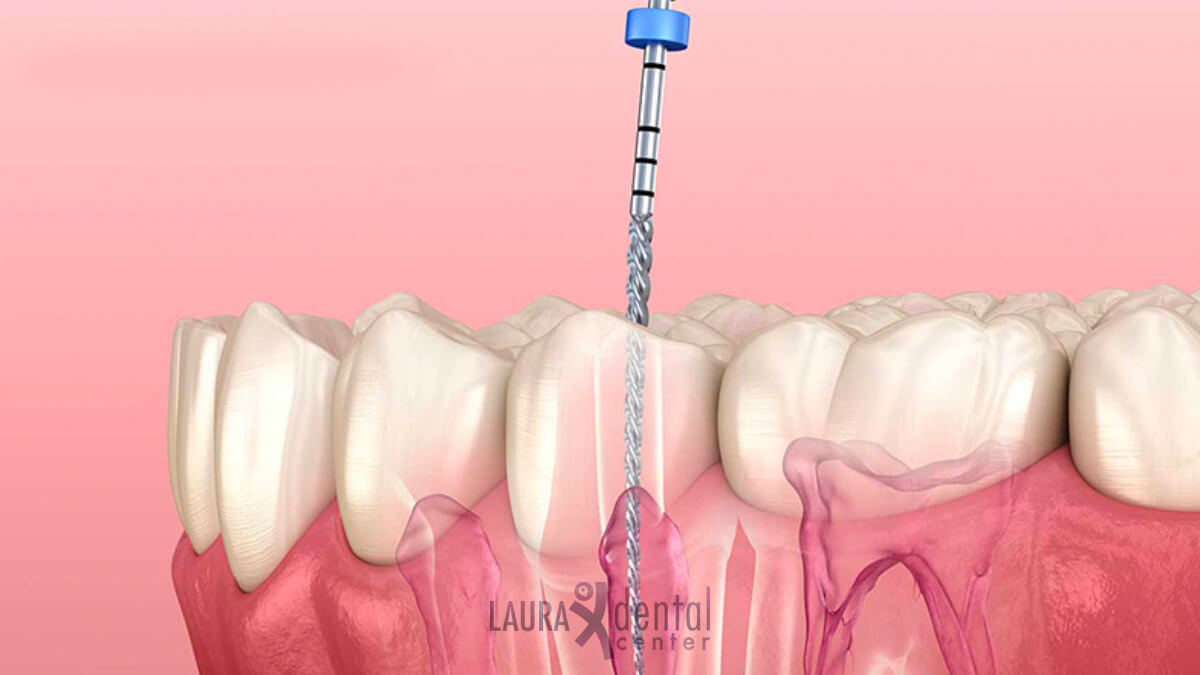Does Root Canal Treatment Hurt

You might be asking if a root canal is unpleasant if you’ve been informed you need one. One of the most frequent dental treatments, root canals can help salvage a tooth that has been chipped or become infected. Do they hurt though? We’ll discuss what to anticipate during a root canal and whether it hurts in this article.
What is a Root Canal?
The damaged or infected pulp of a tooth is removed during a root canal dental surgery. The soft layer that houses blood vessels and nerves inside the tooth is called the pulp. Infection or injury to the pulp can result in discomfort, sensitivity, and other problems. The pulp that has become damaged or diseased is removed during a root canal procedure. The interior of the tooth is then thoroughly cleaned before being filled and sealed to stop further decay.
Is a Root Canal Painful?
The quick response is that a root canal shouldn’t hurt. While the thought of a root canal could make you nervous or afraid, the actual operation is meant to be as painless as possible. You shouldn’t experience any discomfort during the process since your dentist will use a local anesthetic to numb the region around the tooth. Although you might experience some pressure or discomfort, it shouldn’t hurt.
When your mouth heals following the operation, you can feel some discomfort or sensitivity. Over-the-counter pain relievers can normally be used to control this because it is normal. You should call your dentist right away if you have any acute pain or other problems.
Why Do People Think Root Canals are Painful?
A widespread misconception is the assumption that getting a root canal hurts. The fact is, root canals are now far more comfortable than they used to be thanks to advances in anaesthetic and dental technology. But the misconception continues, and there are a few explanations for this.
First off, some individuals may have had a negative root canal encounter in the past. It’s crucial to keep in mind that dental procedures and technology have advanced tremendously recently, so a poor dental experience from decades ago might not accurately represent the state of the art today.
Second, patients might be concerned or apprehensive about the treatment, which might make them more sensitive to pain or discomfort. To help reduce your nervousness, it’s crucial to share any worries you have with your dentist and to ask them about the operation.
Final Thought
A common dental operation called a root canal can help save a tooth that has been chipped or become infected. Although the thought of getting a root canal may be frightening, the actual treatment shouldn’t hurt. You won’t experience any discomfort since your dentist will numb the region with local anaesthetic. You might feel a little uncomfortable or sensitive after the surgery, but this is typically treatable with over-the-counter pain relievers. It’s crucial to share any worries or inquiries you may have regarding a root canal with your dentist. Always keep in mind that a root canal’s main purposes are to relieve discomfort and improve your oral health.
